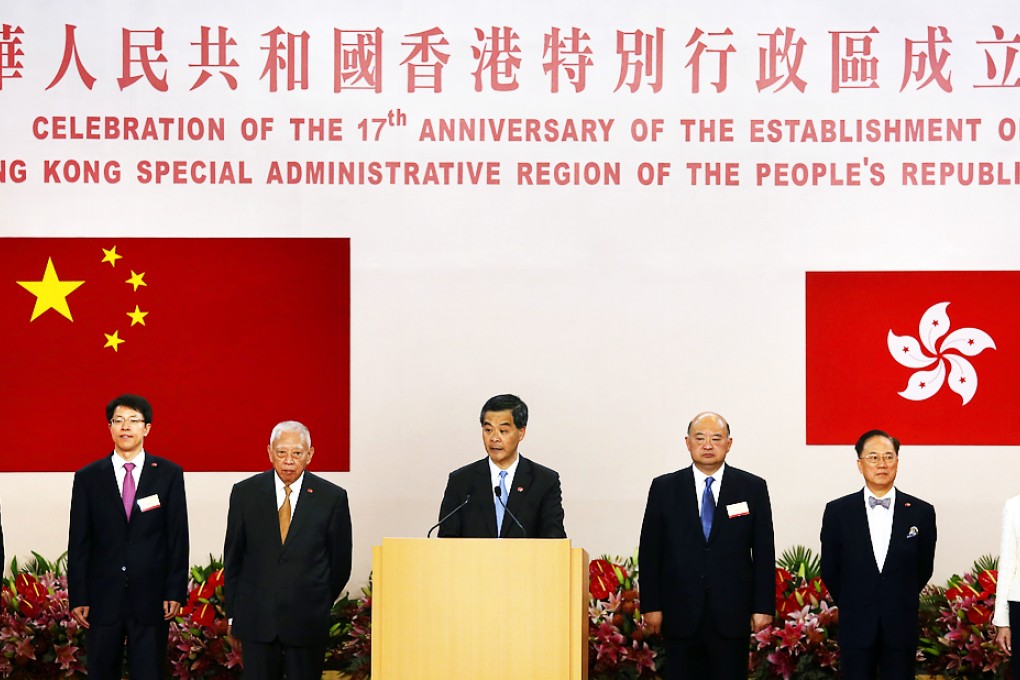In clash of wills over Hong Kong, time to recall words of maestro Mao
C. P. Ho says both leaders and the led should heed call to work together

A few days after the Occupy Central protests began and captured the attention of the world, I called on Hong Kong people to know, understand and respect their own history. That history embraces not only Hong Kong but also the rest of China.
For lest it be forgotten, history is not only a record of the past; it shapes the future.
Now, in the aftermath of the Occupy event, there has been much soul-searching about the role of Hong Kong people in the affairs of Hong Kong itself and in matters of China overall.
And there is an impasse between people who dream practical and possible dreams, and those who dream beautiful but unrealistic dreams.
At stake is the peaceful and effective governance of Hong Kong and its eventual and inevitable integration into the People's Republic of China. There has been much talk about the here and now, and also of the where and how.
For me, the best advice comes from Mao Zedong : learn to play the piano well. It makes for good common sense, and we would do well to think deeply about his words and all they imply.